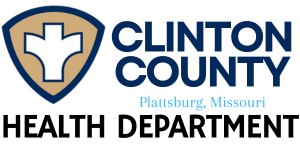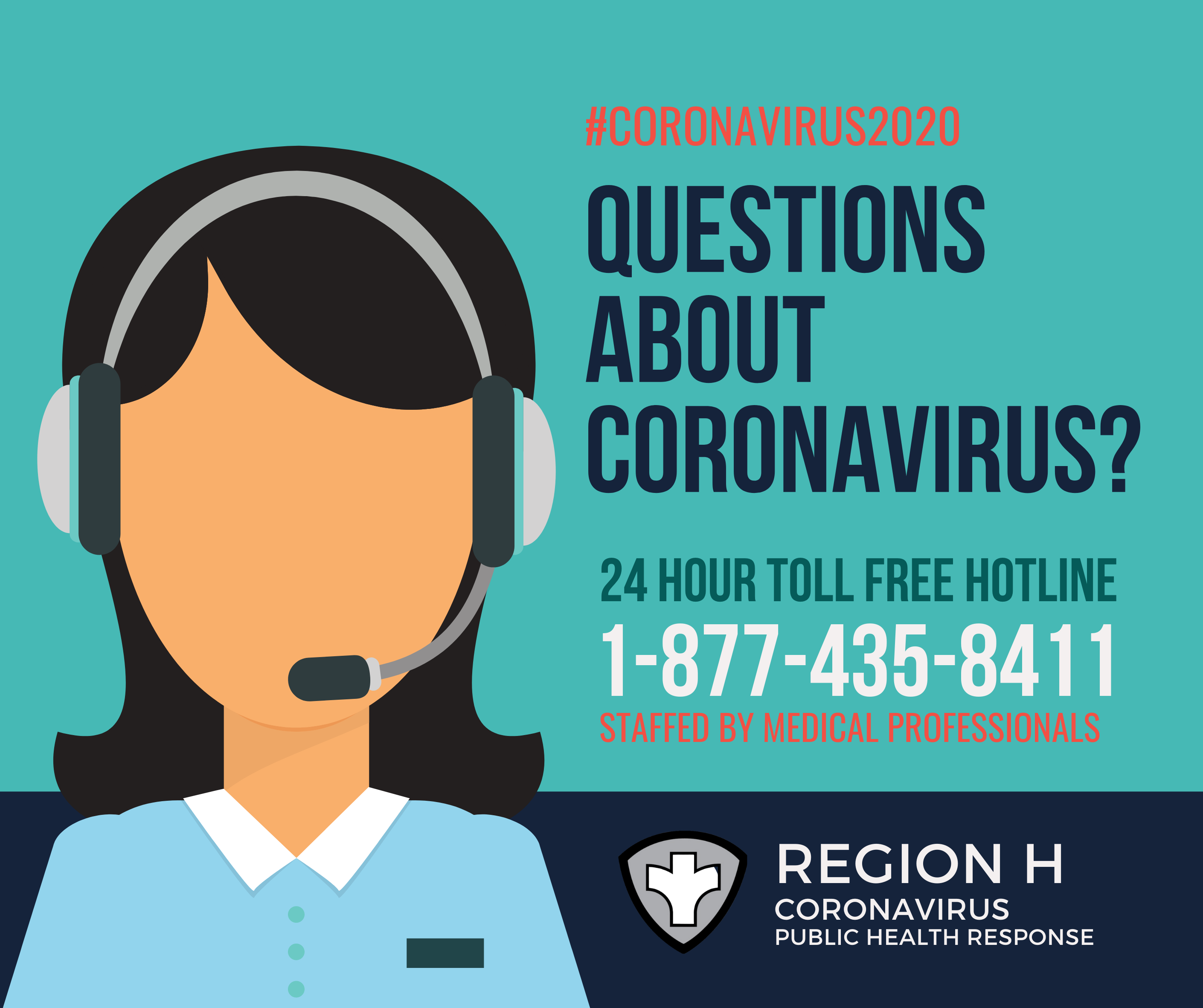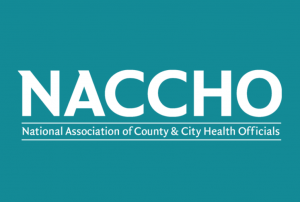What is COVID-19
Novel coronavirus (COVID-19) is a virus strain that was first detected in December 2019 and has now been spread throughout the world. The virus, while having mild effects in most people, can cause severe illness and pneumonia in others such as the elderly or those with underlying medical conditions.
How Does COVID-19 Spread
COVID-19 spreads via respiratory droplets from person to person.
Other means of spread, including via hard surfaces, have been determined to be very rare and not of significant concern.
How Severe is COVID-19
Upwards of 80% of those infected recover after mild symptoms. Others, especially the elderly and those with serious chronic medical conditions, may experience more severe symptoms, including pneumonia that requires hospitalization and sometimes death.
What are the symptoms
People who have been diagnosed with COVID-19 have reported symptoms that may appear in as few as 2 days or as long as 14 days after exposure to the virus:
- Fever
- Cough
- Difficulty Breathing
Who is at risk for COVID-19
Currently, the risk to the general public for COVID-19 to cause severe illness is low. Those who are very old, or immunocompromised are at the greatest risk of developing severe complications associated with COVID-19 infection
How can I prevent from getting COVID-19
Vaccination is the most effective means of prevention of COVID-19. Vaccination also is effective at preventing severe illness, hospitalization, and death. Vaccination also reduces the risk of fetal injury and miscarriage in pregnant women.
Practicing correct handwashing skills, along with avoiding touching your face, can protect you from COVID-19 and many other viruses. See https://youtu.be/d914EnpU4Fo for a quick review of proper handwashing techniques. To reduce risk of other respiratory infections, especially the flu, you can help protect yourself and others by getting a flu vaccine. Everyday precautions range from avoiding close contact with people who are sick to avoiding touching high-touch surfaces in public such as elevator buttons, door handles, handrails, and handshakes. Other steps include:
- avoid touching your eyes, nose, or mouth with unwashed hands
- stay home while you are sick and avoid close contact with others
- cover your mouth/nose with a tissue or sleeve when coughing or sneezing
What do I do if I have symptoms
Influenza and other respiratory infections, including COVID-19, have similar, if not identical, signs and symptoms. Individuals who think they are sick or are getting sick should NOT report to work. Individuals should monitor for cough, shortness of breath, and fever and should practice social distancing to avoid the spread of any illness they may have. Individuals experiencing the described symptoms AND have had contact with a confirmed case of COVID-19 should contact their healthcare provider by phone. Supply information about symptoms and when and how they had contact with a confirmed case. The health care provider may either suggest testing via a commercial lab or involve testing through the Health Department. Individuals with COVID-19 symptoms who are a contact to a case should not arrive at a health care provider or emergency room without contacting the provider or emergency room first. Individuals with COVID-19 symptoms should NOT arrive at the Health Department, as testing and treatment will be completed through your primary care provider.
Where can I get testing?
Testing is available from most primary care providers.
At-home test kits are available at major retailers
How is COVID-19 treated
Recently, several medications have received emergency authorization for the treatment of COVID-19. The most effective means of prevention of infection, severe illness, hospitalization, and death is vaccination. Most people with mild coronavirus illness will recover on their own by drinking plenty of fluids, resting, and taking pain and fever medications. However, some cases develop pneumonia and require medical care or hospitalization.




